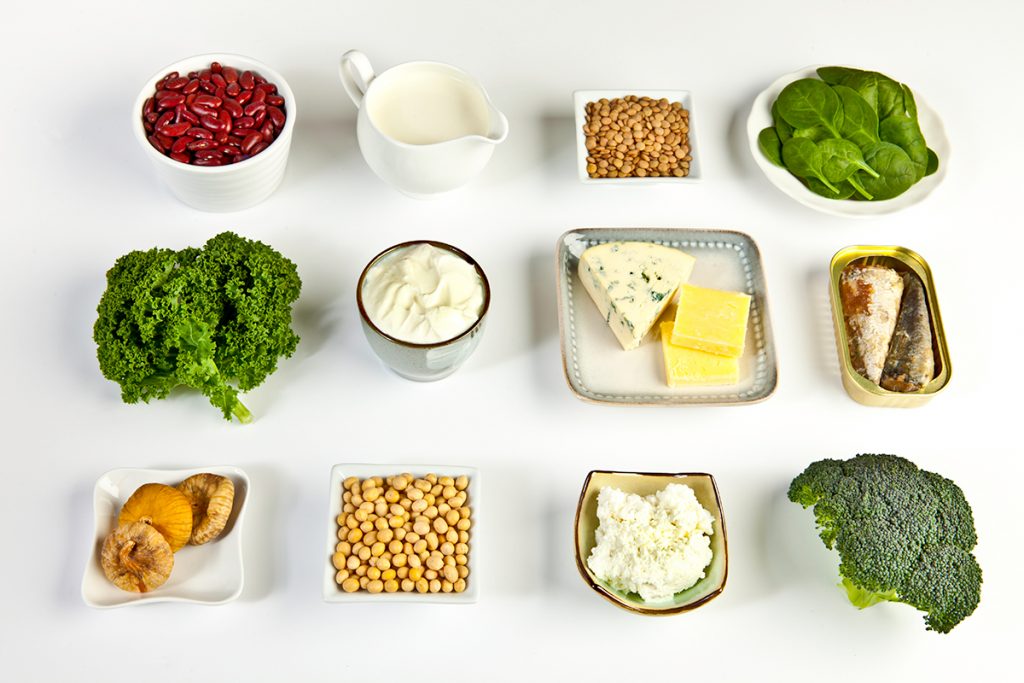Proper hydration is essential for everyone, but it becomes even more crucial when you have diabetes. Managing your blood sugar levels and overall health can be influenced by the amount of water you consume. In this article, we will explore the importance of hydration for individuals with diabetes and provide insights into how much water you should drink to maintain optimal health. We’ll also address frequently asked questions (FAQs) related to hydration and diabetes to help you stay informed and make healthy choices.
The Importance of Hydration for Diabetes
Hydration is vital for all bodily functions, but it plays a particularly significant role for individuals with diabetes. Here’s why:
1. Blood Sugar Regulation:
Staying well-hydrated can help your body maintain stable blood sugar levels. Dehydration can lead to higher blood sugar concentrations, making it difficult to manage diabetes effectively.
2. Kidney Health:
Diabetes can put additional stress on your kidneys. Proper hydration helps your kidneys function efficiently, reducing the risk of kidney complications associated with diabetes.
3. Preventing Hypoglycemia:
Adequate hydration can help prevent low blood sugar (hypoglycemia). When you’re well-hydrated, your body can respond more effectively to low blood sugar episodes.
4. Weight Management:
Water is calorie-free, and drinking it before or with meals can help you feel fuller, potentially aiding in weight management—a common concern for individuals with diabetes.
How Much Water Should You Drink?
The ideal amount of water to consume can vary from person to person, depending on factors such as age, gender, activity level, and overall health. However, here are some general guidelines to consider:
- The “8×8” Rule: The commonly recommended guideline is to drink eight 8-ounce glasses of water a day, which equals about 2 liters or half a gallon.
- Listen to Your Body: Pay attention to your body’s signals. Thirst is a reliable indicator that your body needs water. If you feel thirsty, drink water.
- Adjust for Individual Factors: Factors like physical activity, climate, and medical conditions can affect your hydration needs. Be sure to adjust your water intake accordingly.
Unveiling the Power of Nutritional Yeast: Benefits for Your Health
FAQs
1. Can dehydration lead to high blood sugar in diabetes?
Yes, dehydration can lead to higher blood sugar levels in individuals with diabetes. It’s essential to stay hydrated to maintain stable blood sugar concentrations.
2. Is it possible to overhydrate?
While overhydration is rare, it’s important to maintain a balance. Drinking excessive amounts of water in a short period can lead to a condition called water intoxication, which can be dangerous.
3. Should I drink water only, or can other fluids count toward my hydration needs?
Other fluids like herbal tea, sugar-free beverages, and even water-rich foods like fruits and vegetables can contribute to your daily hydration needs.
4. What if I have diabetes and experience frequent urination?
Frequent urination is a common symptom of uncontrolled diabetes. Consult with a healthcare provider to manage your blood sugar levels effectively and address any underlying issues.
5. Can drinking water help with weight management in diabetes?
Drinking water before or with meals can help you feel fuller, potentially reducing overeating and contributing to weight management.
Conclusion
Hydration is a critical aspect of diabetes management, and it can impact various facets of your health. While the “8×8” rule is a good starting point, it’s essential to listen to your body, adapt to individual needs, and maintain a balanced approach to hydration. Staying properly hydrated can help regulate blood sugar, support kidney health, prevent hypoglycemia, and contribute to overall well-being. Always consult with a healthcare professional to create a personalized hydration plan that aligns with your specific diabetes management requirements.












